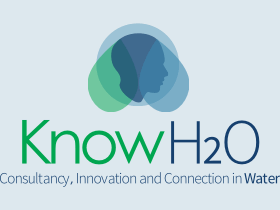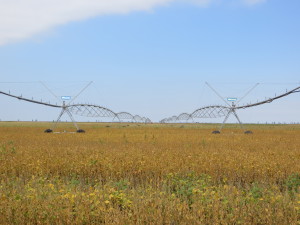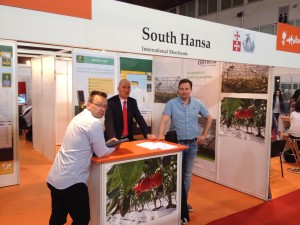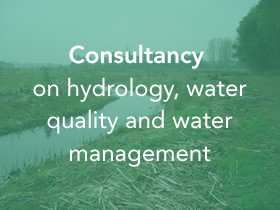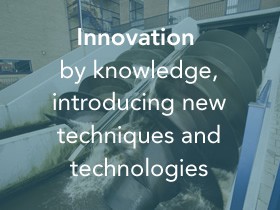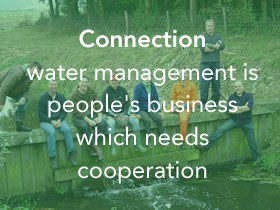Client: Partners for Water, Netherlands
Partners: Crop-R (project leader), DACOM, FutureWater, Southhansa
Period: 2013-2015
Objective: developing, testing, and implementation of a irrigation management system, based on field measurements using DACOM sensor technology and model calculation by FutureWater SPHY model, integrated with the online Crop-R Farm Management System (FMS)
Summary
In April 2013, Partners for Water NL decided to start the project by Crop-R, DACOM, and FutureWater. The project’s target is to setup and test a field-scale irrigation planning and management system. The basis for this system is formed by online in-situ ground data on soil moisture content and hydrological model calculations of the root zone and shallow subsoil. We will install meteorological stations and soil moisture sensors at two large-scale arable farms in the Banat region in northeast Romania. These two flagship farms will get our cost efficient irrigation planning information, to be developed in a number of project phases. The information will be available through the Crop-R Online FMS Farm Management System.
Besides the two farm owners, our partners in Romania are the OSPA Agricultural Research Center and the ANIF Extension Service. We will involve regional scale water managers and the regional and central government, to be able to have sufficient possibilities to extend the current project to future activities. In this way, we will export up to date Dutch water knowledge and systems, in line with the Dutch Topsector Water policy and mission.
The pilot locations are located at farms in the Banat region. We selected the Emiliana West Rom farm with 13,000 ha of arable crops of which over >3,500 ha is under irrigation by central and linear pivot systems. Currently, we are starting up the SPHY-modelling using global datasets and local field information. We have set up a SPHY-model with the data of 2013 and are collected data on soil types, historic and current meteorology, and crops through our contact with Southhansa and the University of Timisoara. Our field visit in March 2014 was successful. We are closely working with the Emiliana farm management, are setting up a sensoring system at the University of Timisoara Research Station, and are discussing future projects with several potential clients and partners. We cooperate with the NL-Embassy in Belgrade. We presented our results during a seminar at the 2015 Novi Sad Agricultural Fair.
